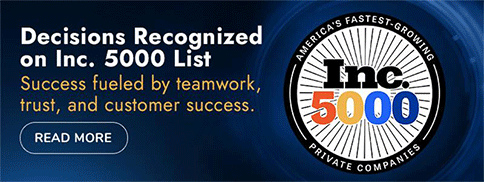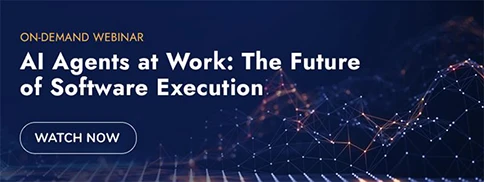Key Takeaways
- Rule engines deliver high ROI in industries with frequent regulatory or policy changes by enabling rapid logic updates.
- Centralizing and visualizing business rules increases transparency, scalability, and consistency across multiple applications.
- Automating decision-making with rule engines enhances throughput, compliance, and overall process performance.
This article is part of a series on common questions we discuss about building rule engine focused applications.
While there is almost always value found in being able to share business logic visually, in some cases the value of having a rule engine is directly related to the frequency with which your business rules change.
Industries that have a high number of either regulatory compliance or risk governance driven business processes tend to have a very high ROI with business rule engine implementations as regulatory updates and the continuous evolution of business policy that drives profits call for changes to the core business logic in a business process.
In other cases, the frequency of change to the core business logic isn’t as important as the ability to understand and centralize that business logic. In job functions where volume of throughput drives profit, you want to be able to automate as much of the decision making as possible while still enforcing business policy. This can include replacing or supporting lower level workers with rule engines that only let acceptable actions be selected as objects (such as a mortgage loan) are taken through their lifecycle.
Centralizing business logic can carry its own benefits – as new applications are delivered by IT, the business rules behind those applications can be re-used by leveraging the rule engine instead of relying on hard coding that logic repetitively throughout the applications or other data repositories.









